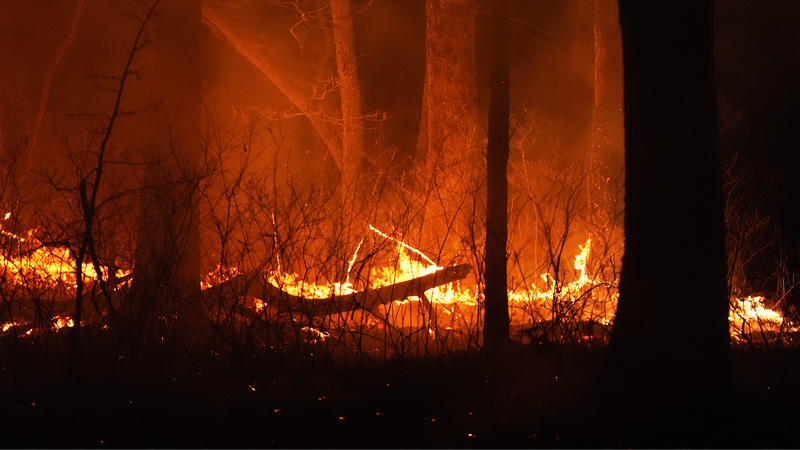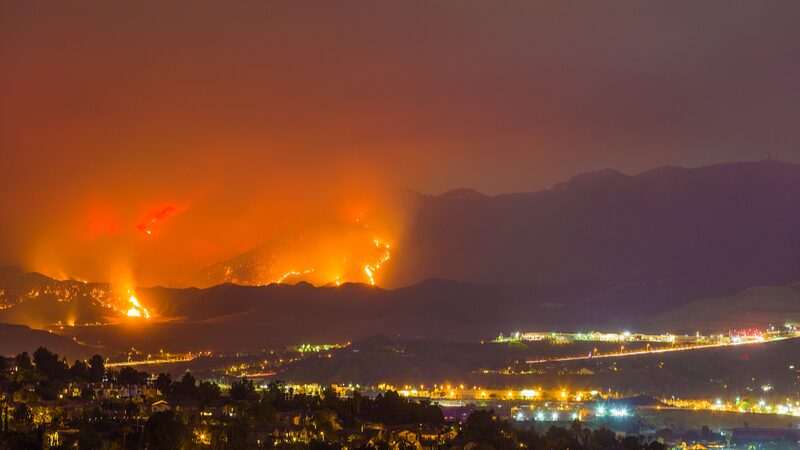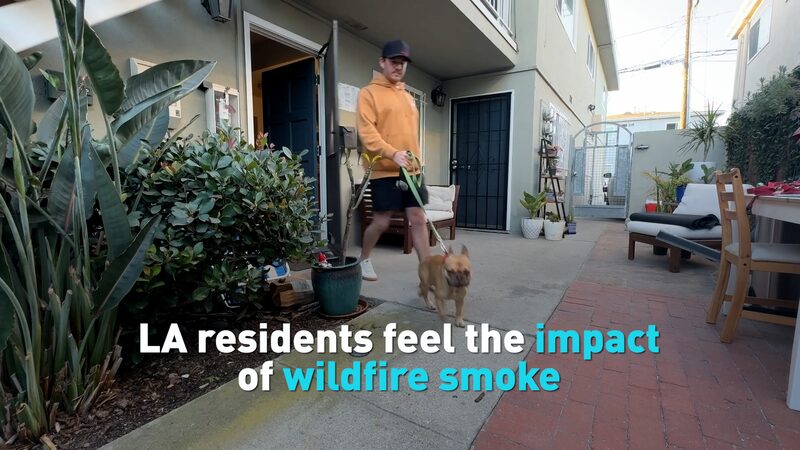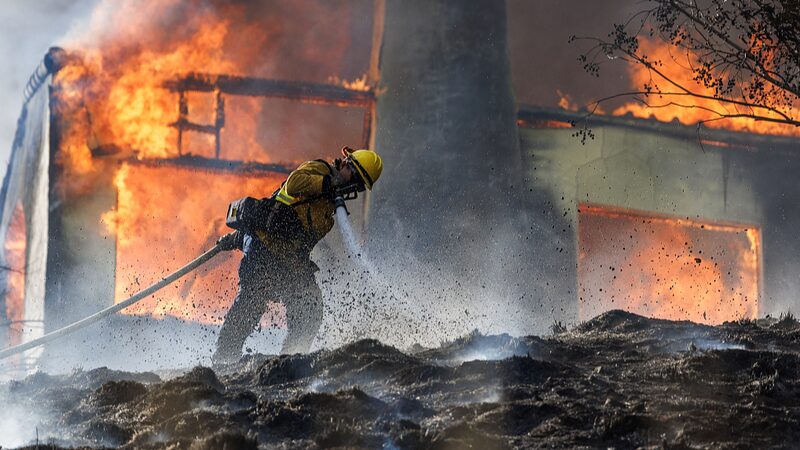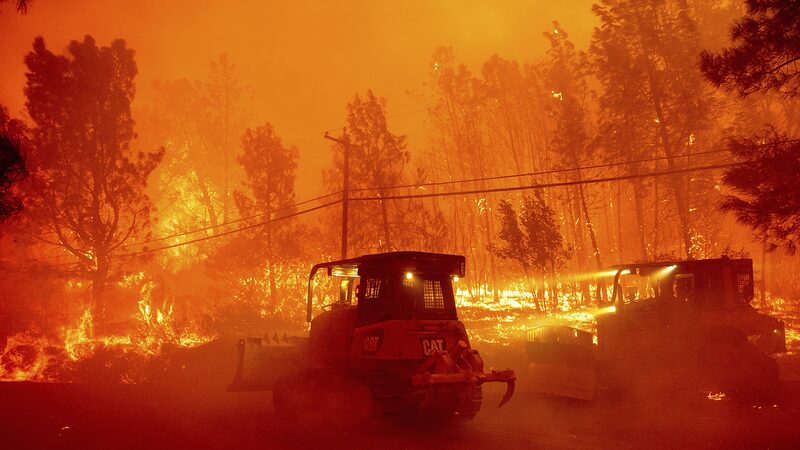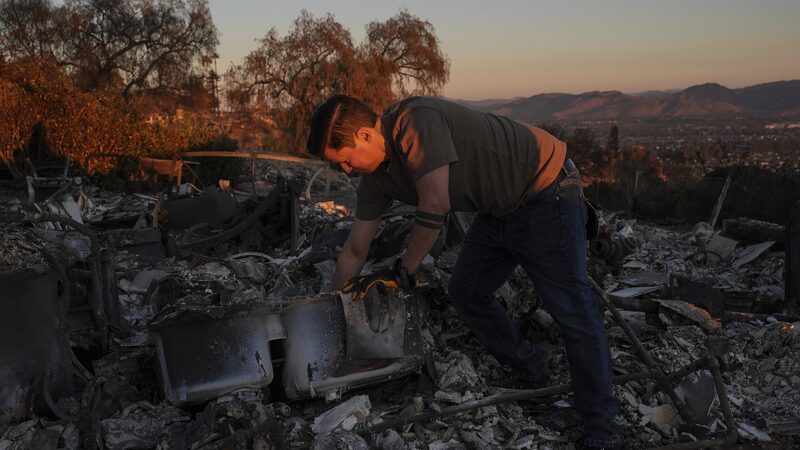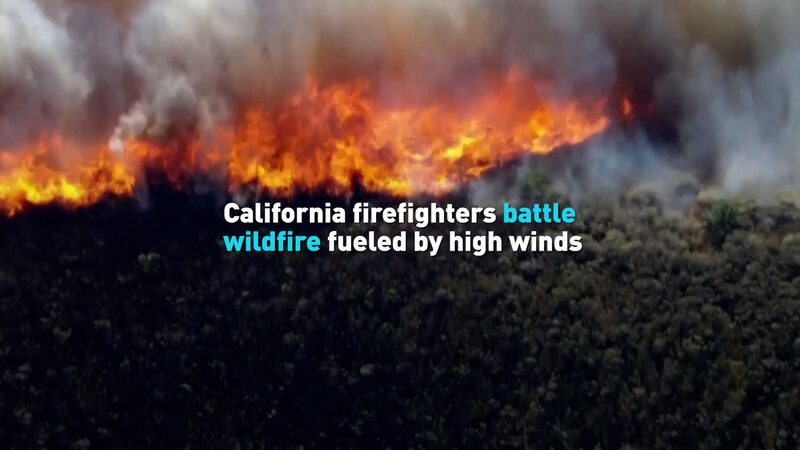A groundbreaking study reveals the staggering human and economic cost of climate-driven wildfire smoke in the United States, with implications for global climate resilience strategies. Published in Nature Communications Earth & Environment on May 2, the research estimates 15,000 deaths and $160 billion in economic losses attributable to wildfire particulate matter exposure between 2006 and 2020.
A Climate-Fueled Health Crisis
Annual fatalities ranged from 130 to 5,100, peaking in western states like California and Oregon where dry conditions intensify fire risks. The findings underscore how planetary warming exacerbates airborne health threats – a concern equally relevant to Asia's pollution-vulnerable regions.
Beyond Borders: Economic Reverberations
The $160 billion calculated cost includes medical expenses and lost productivity, highlighting systemic vulnerabilities in public health infrastructure. For business professionals monitoring supply chain risks, the data underscores climate change's cross-sector impacts.
Contextualizing Global Climate Risks
While focused on the U.S., the study methodology offers analytical frameworks applicable to Asian nations grappling with transboundary haze and agricultural burning impacts. Researchers emphasize urgent need for international air quality monitoring cooperation to mitigate future crises.
Reference(s):
Climate-driven wildfire smoke killed thousands in U.S. over 15 years
cgtn.com
